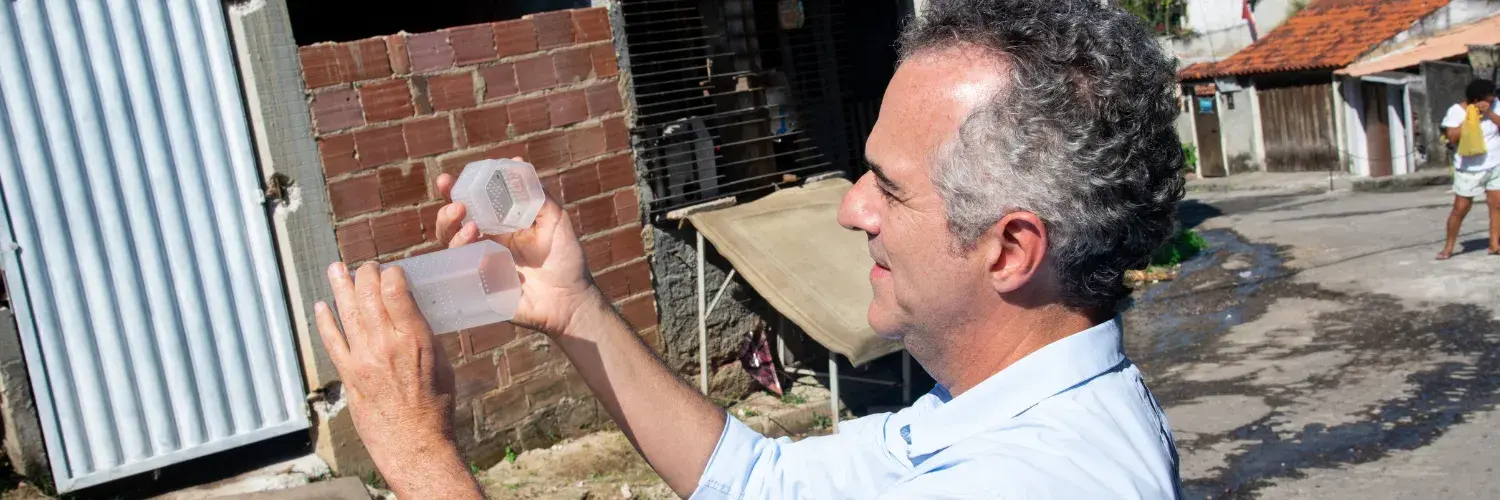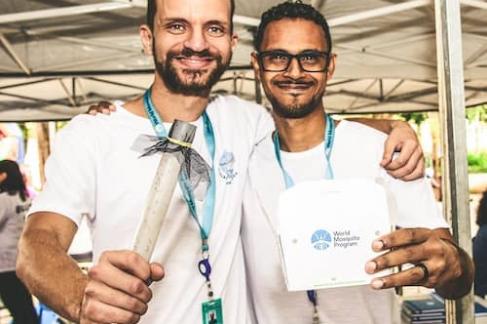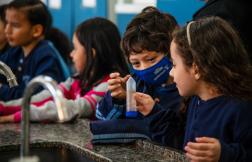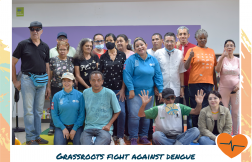After an absence of more than 20 years, dengue re-emerged in Brazil in 1981. Over the next 30 years, seven million cases were reported.
Today, Brazil has the greatest number of dengue cases in the world, with 3.2 million cases and 800 deaths reported from 2009–2014. Brazil has also been severely affected by outbreaks of Zika virus and chikungunya in the last few years.
In June 2024, Brazil reached a staggering 6 million confirmed dengue cases, as reported by the Ministry of Health’s monitoring panel. This marks a sharp rise from 2023, when the country recorded just over 1.6 million cases, highlighting the growing severity of the outbreak.
(Data updated October 2024)


Brazil’s first releases of Wolbachia mosquitoes began in September 2014 in Rio de Janeiro, after government approval and support from the local community was received. Prior to the first release, our team in Brazil spent more than two years monitoring mosquitoes and working with the communities in our field trial sites.
Following encouraging small-scale trials, the World Mosquito Program began large-scale deployments in Brazil in 2017. We have reached more than 3.2 million people across the municipalities of Rio de Janeiro, Niterói, Belo Horizonte and Campo Grande and Petrolina.
In 2024, we started work in six new municipalities which include Foz do Iguaçu (PR), Londrina (PR) and Joinville (SC), Uberlândia (MG), Presidente Prudente (SP) and Natal (RN).
The World Mosquito Program's Wolbachia method has been brought to Brazil by The Oswaldo Cruz Foundation (Fiocruz), under the guidance of the Ministry of Health.
Fact Sheet

Engagement and public acceptance
Our Public Acceptance Model guides engagement, communication and issues management. No mosquitoes are released until endorsement by the local Community Reference Group.
1,000,000
79%
81%

Community progress
The World Mosquito Program's team in Brazil has been working closely with local communities. Here are some current statistics on our progress since 2017.







